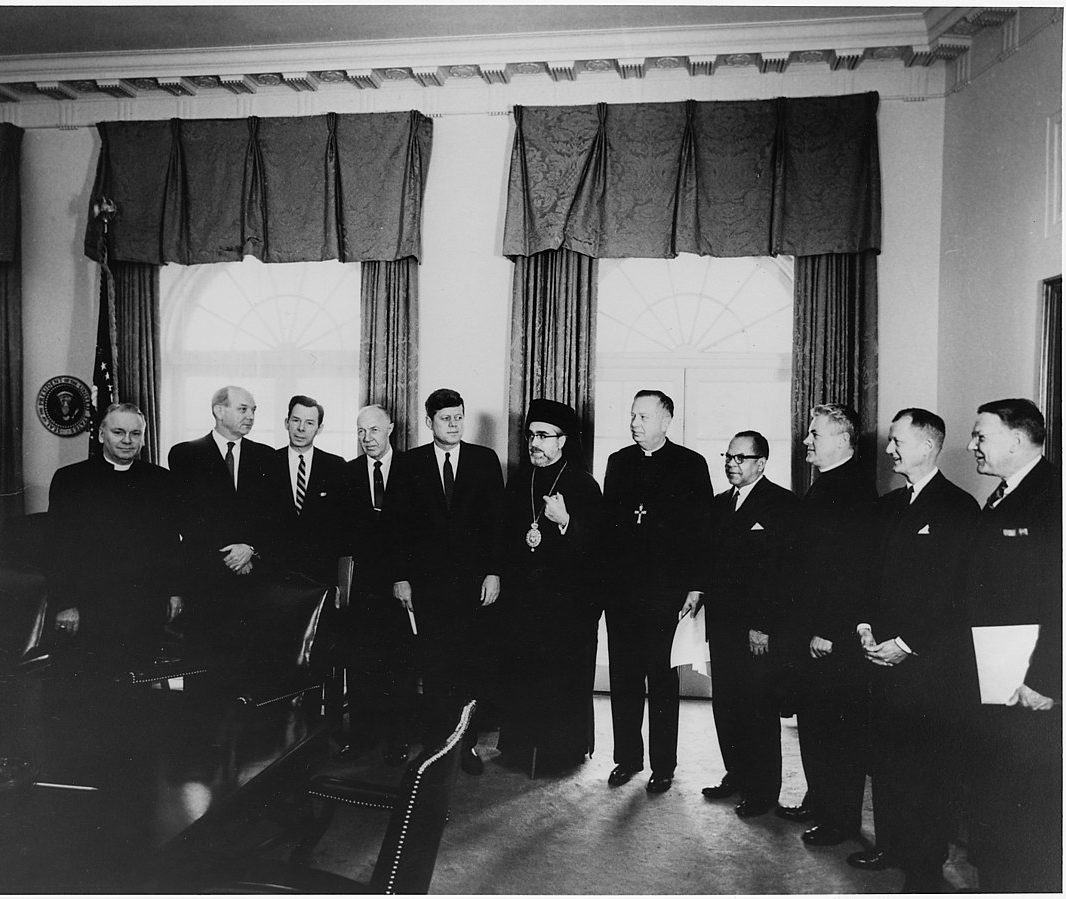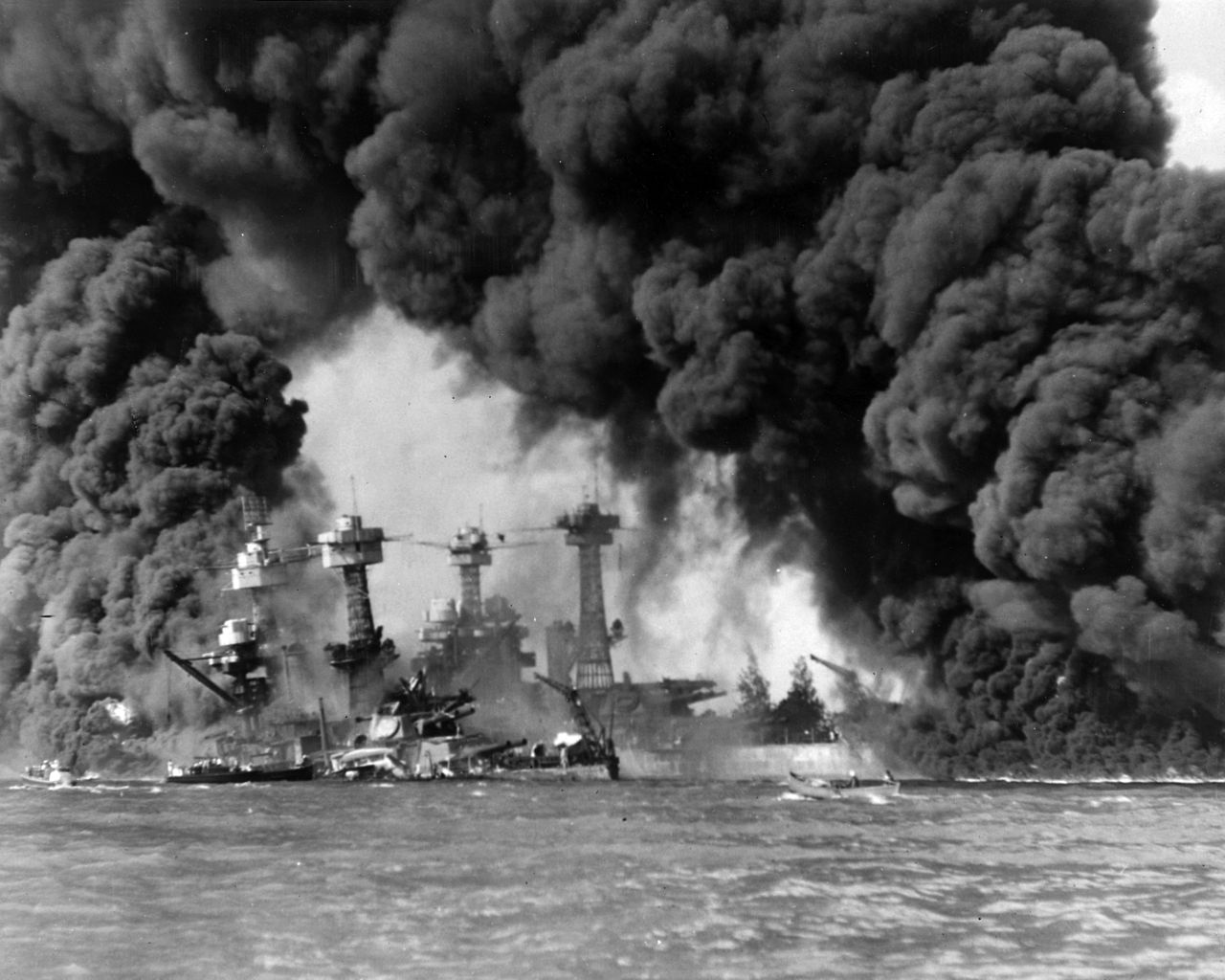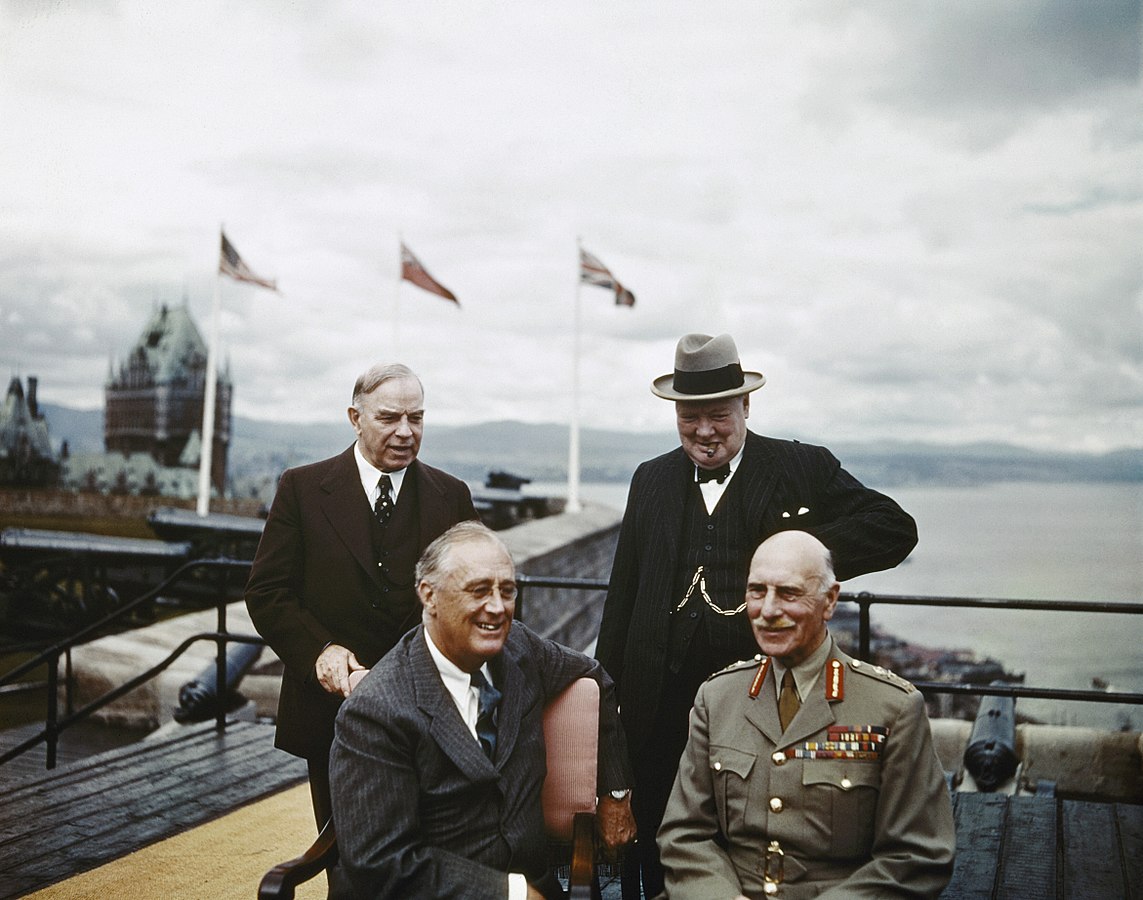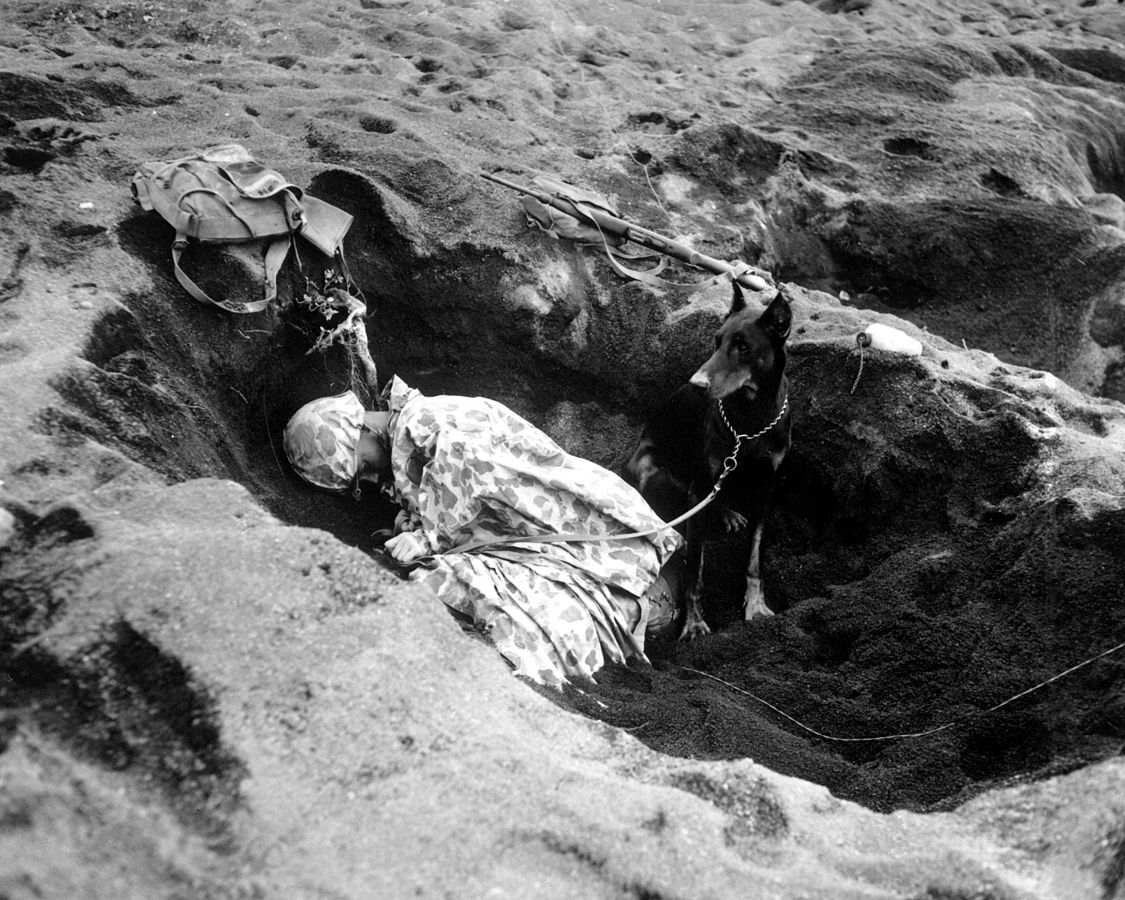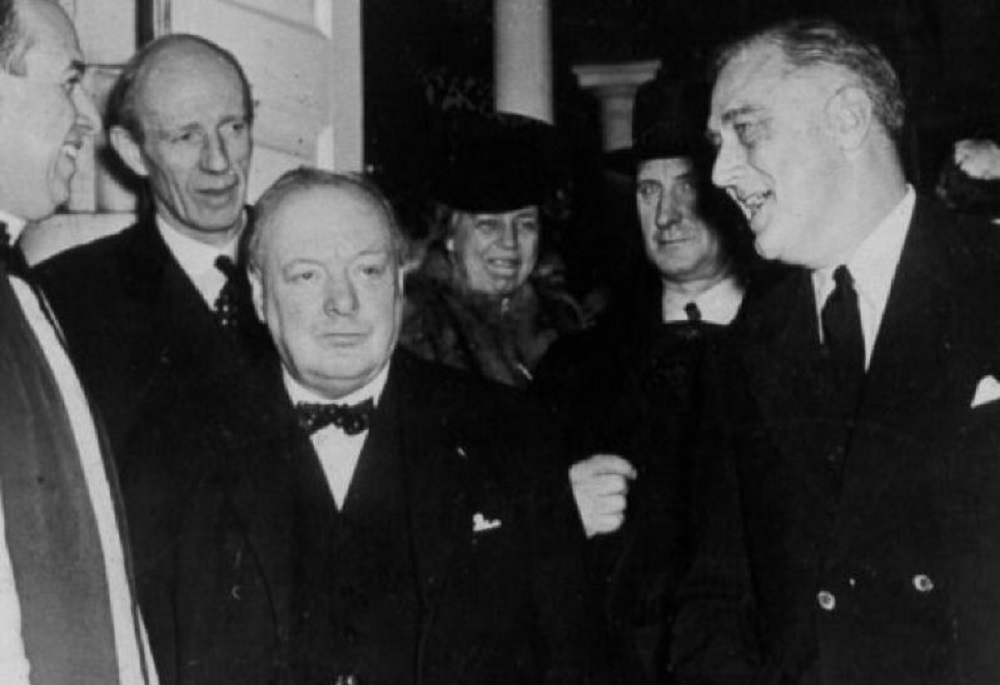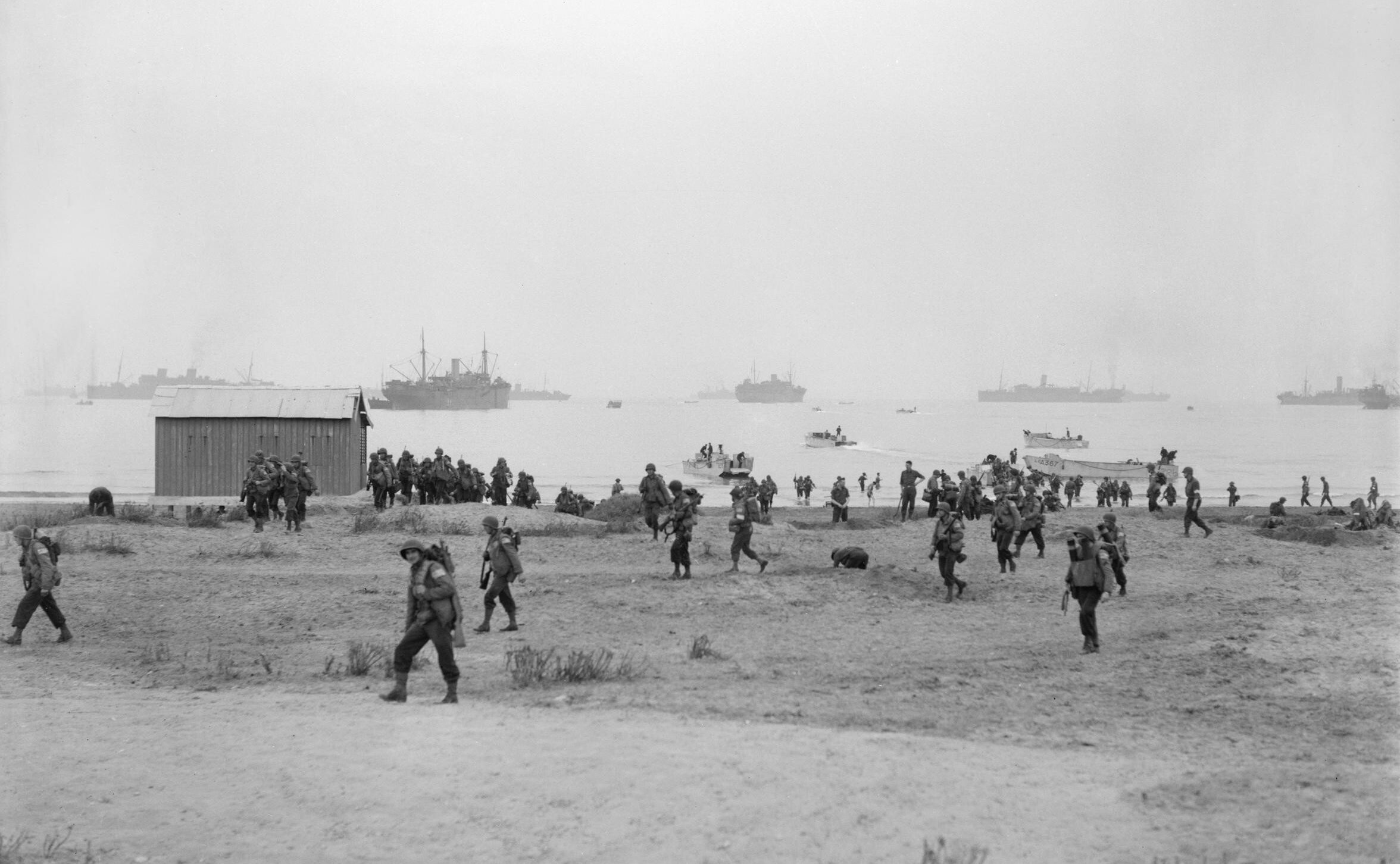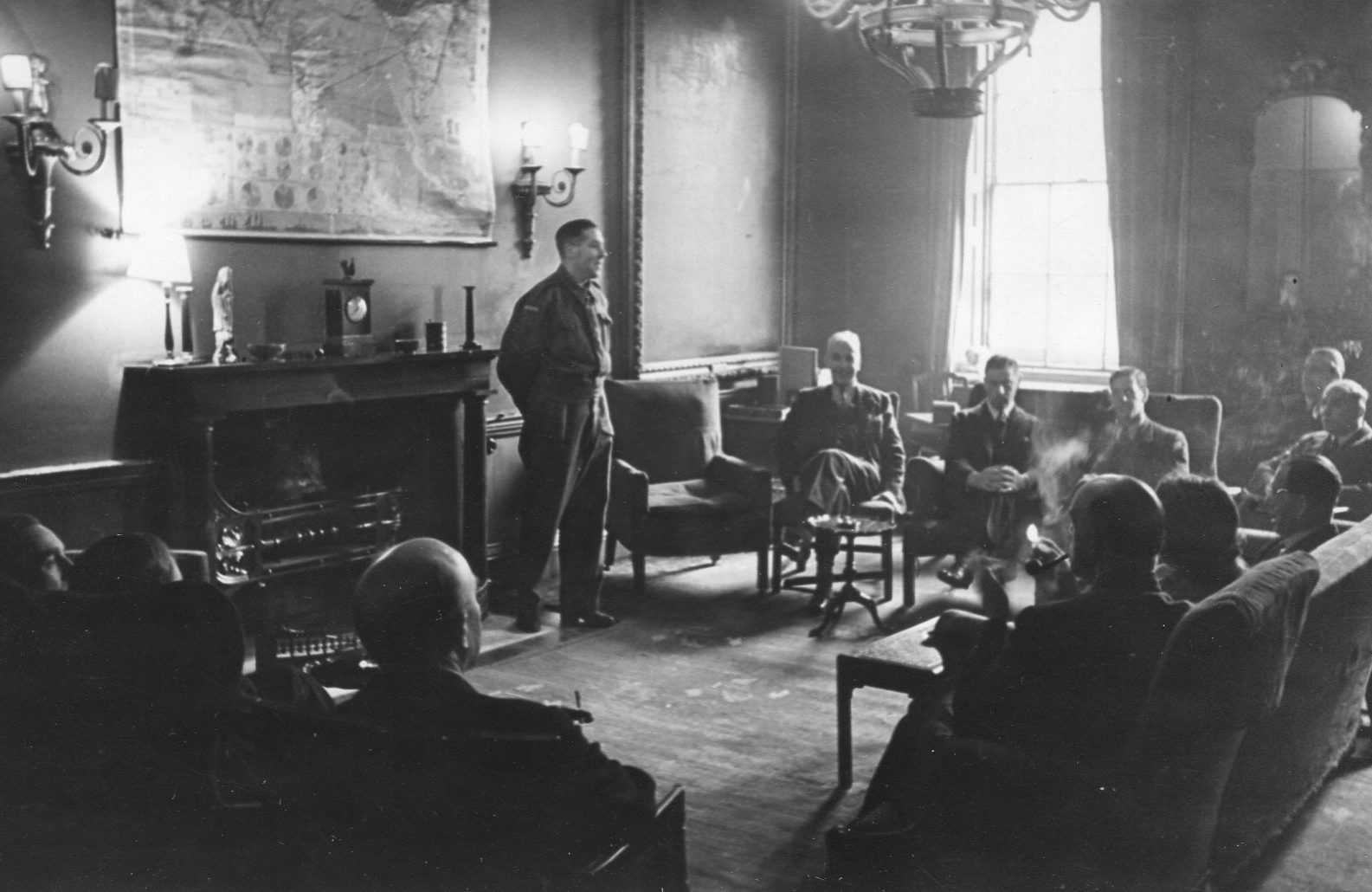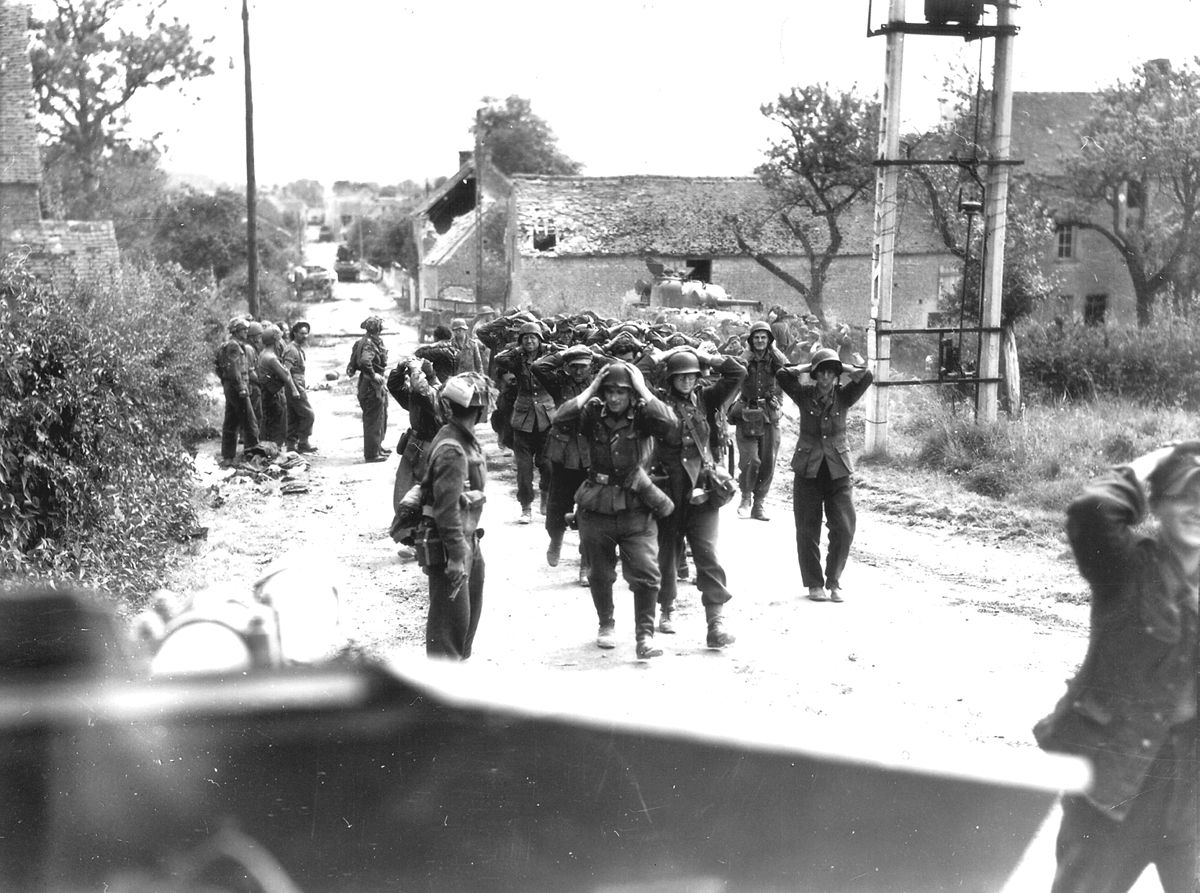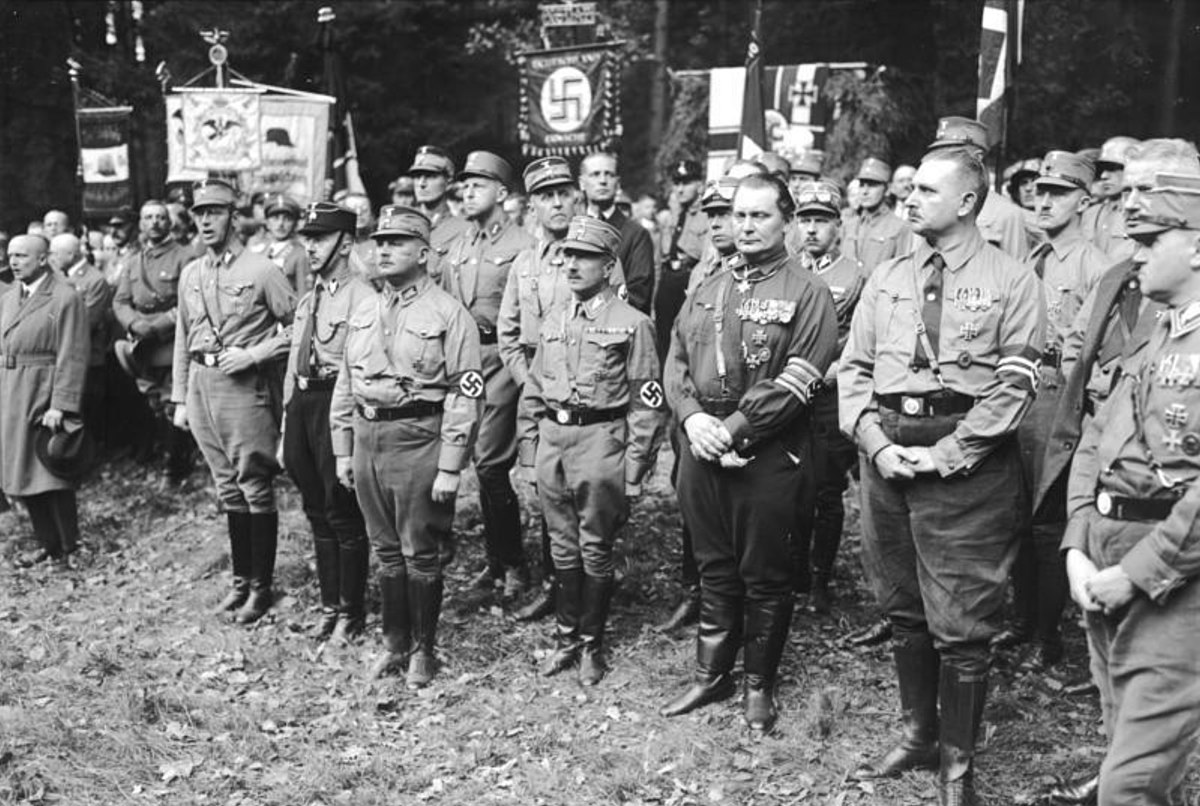An Ecumenical Consensus
In this article, originally published on July 26, 1943, in Christianity and Crisis, John C. Bennett praises the document “The Church and International Reconstruction” issued by the World Council of Churches. He notes that it unequivocally supports public engagement by the Church, organized worldwide political interaction, and consistent condemnation of national shortcomings for all countries, not merely those most culpable.
Christianity & Crisis MagazineMay 10, 2018
Some Soils and Seeds of Isolationism
Isolation may be impractical, but its appeal is very understandable. In this article, originally published on June 14, 1943, in Christianity and Crisis, Charles Gilkey presents six influences upon this school of thought, and emphasizes the importance of giving primacy to the opinion of returning veterans in defining future U.S. foreign policy.
Christianity & Crisis MagazineMay 4, 2018
American Power and World Responsibility
The United States’ involvement in two world wars indicates clearly that American isolationism is at a practical end, Reinhold Niebuhr asserts in this article, originally published on April 5, 1943 in Christianity and Crisis. Working toward international integration is a national responsibility – morally and in the interests of security. Alliances depend on the will of their members; it is no different for the United States. Niebuhr also warns of a new danger: a unilateral “imperialist” American military establishment, simultaneously preoccupied with hegemony and unconcerned with the rest of the world.
Christianity & Crisis MagazineApril 19, 2018
Mutual Security Comes First
In seeking the ultimate aim of World War II, William Adams Brown candidly reiterates in this article, originally published on March 22, 1943, in Christianity and Crisis, the enduring broadly applicable political truth that security is a precondition for democracy. Brown adds that while democracy is the superior form of government, it is best promoted by first reinforcing an inter-state international order. The mutual trust formed by open discourse is the basis of democracy; excluding illiberal forces from that discourse actively hampers the goal of spreading democracy.
Christianity & Crisis MagazineMarch 15, 2018
Battle Hymn of Responsibility
Christian clergymen of today typically prefer to disparage power and prestige as demonic ensnarements that Jesus shunned when offered. But Jesus exemplifies not the rejection of power per se but rather a godly deployment of it.
Mark TooleyMarch 9, 2018
This Is My Body: Communion Eschatology
In this military vignette, originally published in Christianity and Crisis on April 19, 1943, John Joseph Stoudt depicts the religiosity of men confronting their own mortality. The Chaplain employs the clearest ritual means of communicating the weight of their task, the nature of their profession: Communion. In taking up the body and the blood, the gathered soldiers experience camaraderie in a common meal, and unanimously acknowledge of the enduring, indisputable value of sacrifice; both God’s and their own.
Christianity & Crisis MagazineMarch 8, 2018
Christian Contrition and Action: Society and the Keys to Peace
In this article, originally published in Christianity and Crisis on April 19, 1943, F. Ernest Johnson illuminates the twin wartime concerns of brutality and cynicism. Johnson illustrates the importance of maintaining public morality; losing compassion for the enemy will scuttle the peace and instigate the next war, while ignoring social influence in determining personal ethics invariably corrodes society on a more insidious level. To paraphrase John 17: 14-19, we must be in the world, but not of it.
Christianity & Crisis MagazineMarch 1, 2018
The Home Front: Losing the Peace Through Revenge
The Treaty of Versailles did not cause World War II, but it hardly aimed to prevent it. In this article, originally published in Christianity and Crisis on April 5, 1943, D. Elton Trueblood warns against a vindictive peace driven by revenge – a fertile breeding ground for the next war. Trueblood deplores missing a chance at reversing centuries of intra-European carnage and preventing Asia from suffering a modern incarnation, all for the sake of revenge.
Christianity & Crisis MagazineFebruary 22, 2018
No Peace With Hitler’s Generals: Conquer the Military Caste
Almost all nations field armies; fewer, even in 1943, retained a warrior caste who dominated nearly every facet of political and cultural life. In this incisive article, originally published in Christianity and Crisis on March 8, 1943, Robert E. Fitch argues that winning the War and achieving peace stems from breaking the feudal martial classes of Hitler’s Nazi Germany and Tojo’s Imperial Japan.
Christianity & Crisis MagazineFebruary 15, 2018
